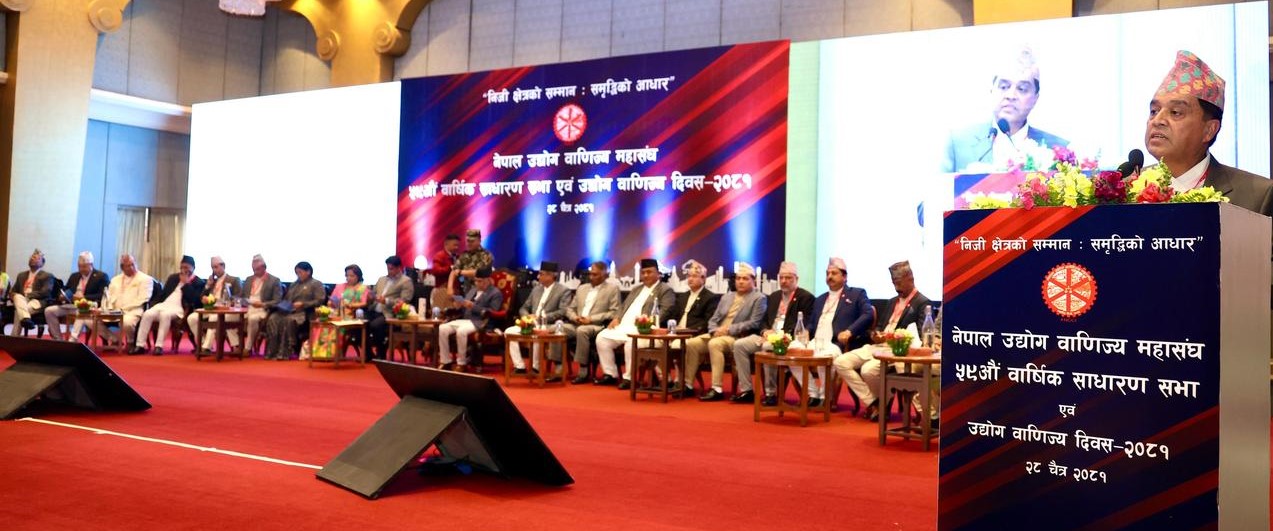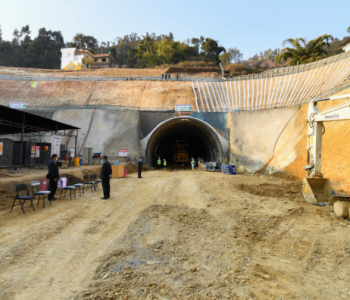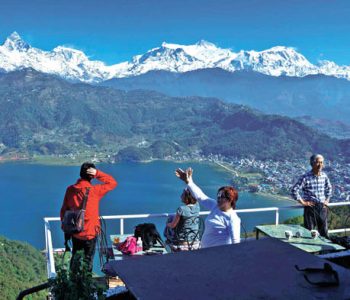‘We can do It: Why the private sector must drive Nepal’s prosperity’

KATHMANDU: As I stood before the distinguished gathering at the 59th Annual General Meeting and Industry-Commerce Day 2081 of the Federation of Nepalese Chambers of Commerce and Industry (FNCCI), I felt a profound sense of responsibility and hope. Welcoming everyone—Honorable Prime Minister, ministers, MPs, officials, and members—I reflected on the past two years as president of this esteemed federation. Today marks the end of our current executive committee’s term, a period where we turned challenges into opportunities, sought new horizons, and fought despair. We’ve succeeded in many ways, but our journey of improvement continues.
Two years ago, at our 57th AGM, Nepal’s economic discourse was overshadowed by fears of a Sri Lanka-like crisis. Speakers warned of a foreign exchange collapse if the government didn’t act. In my closing remarks then, I confidently said Nepal wouldn’t follow that path. Our concessional loans, a debt-to-GDP ratio below 40 percent, and reserves covering over six months of imports gave me that assurance. Yet, we overreacted—our excessive caution stifled trade, shifted formal channels to informal ones, and cost us revenue. Cars and motorcycles aside, most goods entered unofficially. Those demand-control policies still hinder market vitality.
Recent data offers hope—a 5 percent growth in the last quarter, per the National Statistics Office. But a survey we conducted with 240 institutions nationwide reveals entrepreneurs’ morale remains low. We’ll release this soon. As an entrepreneur who thrives in adversity, I refuse to spread despair—I want to plant hope. Yes, we’re improving, but not fast enough for our youth. Without dignified, high-wage jobs at home, despair persists. The government employs 500,000, while the private sector covers 86 percent of jobs. Yet, neither can absorb the 500,000 youths entering the workforce yearly, driving them to stronger economies abroad.
In the 1960s, Nepal’s per capita income was $50, South Korea’s $100. Now, Korea’s is $40,000, ours $1,400—a 400-fold increase versus our 28-fold rise. We’ve progressed, but not enough. Globalization opened the world, raising aspirations and opportunities abroad, but we haven’t scaled our economy. Bangladesh’s per capita income doubles ours, with $40 billion in exports. As we near graduation from least-developed status, we lag in income. To move forward, the private sector needs freedom.
The government’s “Prosperous Nepal, Happy Nepali” vision inspires me. Prosperity means opportunity for all—requiring money, intellect, and skills. Financial investment comes first, sparking demand for labor later. The government funds this through revenue from citizens and businesses, whose income largely stems from the private sector—contributing 81 percent to the economy, per an IFC-FNCCI study. Thus, an unhindered private sector is key to this vision.
Happiness hinges on jobs and income meeting basic needs, education, and healthcare. I urge all—government, civil society, media—to recognize this. Nations like Bangladesh, Rwanda, Cambodia, Vietnam, and Laos, once like us, prove it works. India’s poverty drops 1.4 percent yearly; Bangladesh’s exports soared from $18 billion to $40 billion since 2010; Rwanda’s growth hit 7.2 percent post-conflict; Cambodia attracts tenfold our FDI. If they can, so can we.
We can boost foreign investment—now just 0.2 percent of GDP, or Rs. 8 billion yearly—to five times that, targeting $1 billion by 2030. Conferences in India, China, and the UAE over two years drew over 150 eager investors each time. Low U.S. customs duties compared to competitors bolster this potential—we’re studying how to leverage it. At home, our Nepal Development Company unites FNCCI affiliates, NRIs, and individuals, pooling small capital from all 77 districts and abroad for big projects.
We’ve overcome conflict, earthquakes, and COVID—today’s challenges are solvable too. We’re resilient and entrepreneurial; we just need to prioritize the economy above ideologies and let businesses thrive. From 2073–2075, stability drove 7.5 percent growth. I call for a unified economic stance across parties. The private sector can generate Rs. 16 trillion yearly, with Rs. 4 trillion from the government, enabling double-digit growth and millions of jobs—if stability holds.
Two years of study and dialogue, capped by our 2080 economic conference, demanded a reform commission—now active, finalizing suggestions. Governance is critical too. Nepalis are simple and cooperative, but changing times demand it. Without governance, society risks decay beyond economic woes. Our asks are modest: easy services for youth, morale for entrepreneurs, security for citizens, kind words for taxpayers, and respect for job creators. Small efforts, big impact—enabled by tech and integrity.
The private sector must lead prosperity. We’ve amended 35 laws, drafted investment agreements, digitized certificates, and gained event support—all FNCCI-driven wins I thank the government for. I urge members to champion this reform from center to grassroots—it’s about policy, process, behavior, and social services for us and our children. As New Year 2082 nears, I wish you prosperity and hope, confident we’ll turn challenges into opportunities.













Facebook Comment